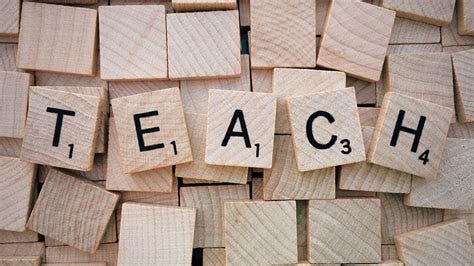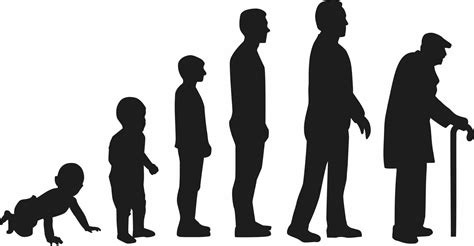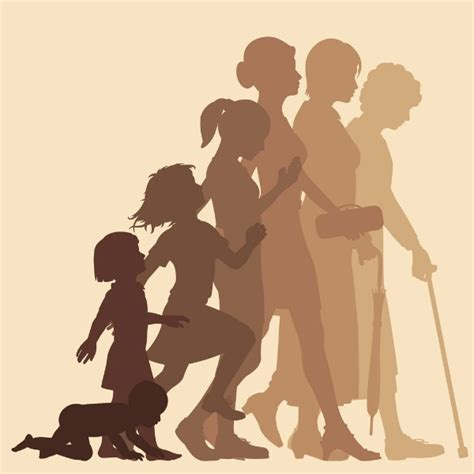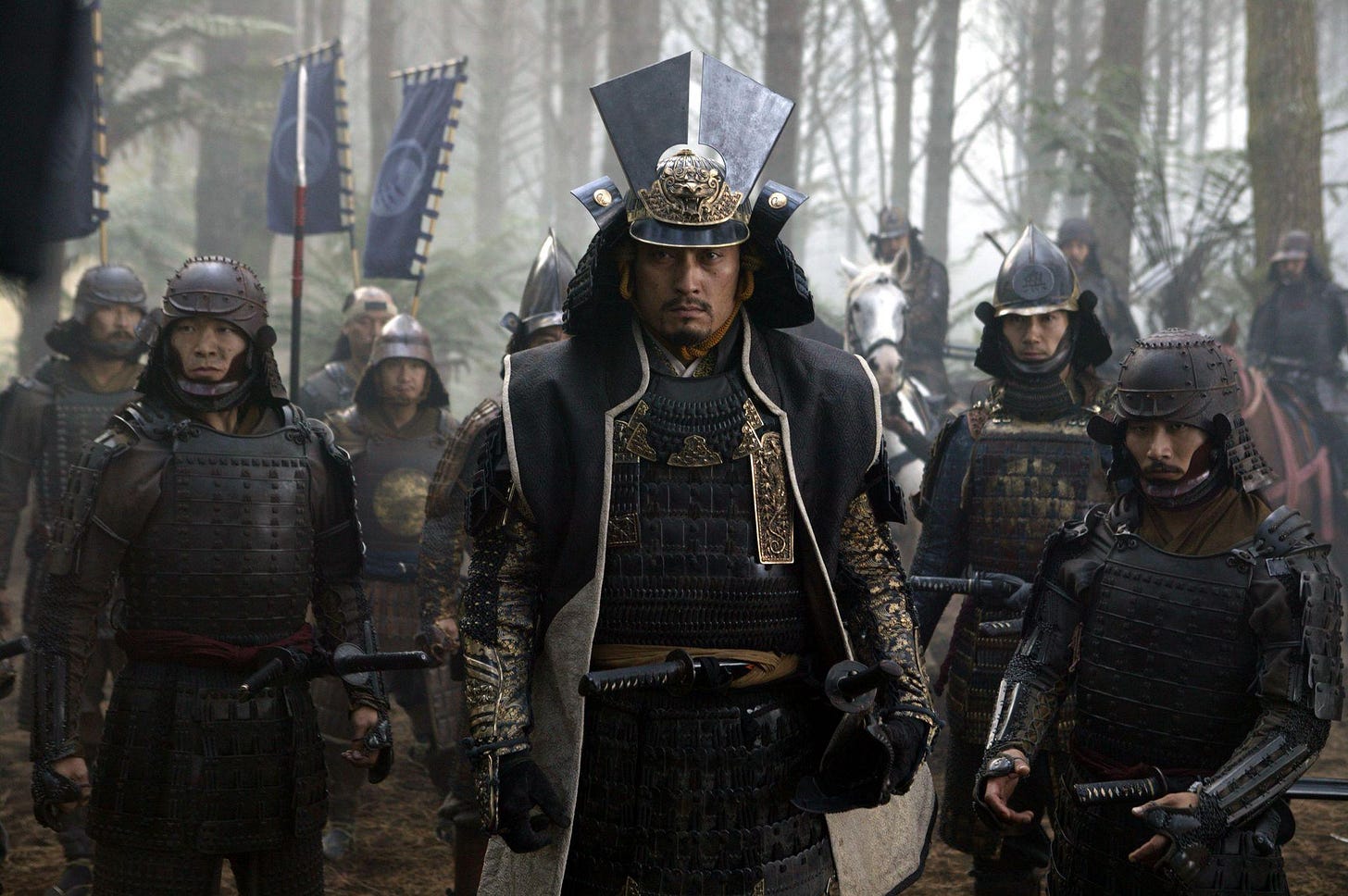The Law of Teaching
We all do it all the time, whether we know it or not
[note to readers: This is the eleventh installment of a twelve part series on the training of the Octagon Society, Order of Spiritual Alchemy. Previously we have discussed the three preliminary laws, blame, shame and guilt, to get at and excise the detritus of trauma etc in preparation for the primary laws, thus far discussed, Acceptance, Happiness, Joy, Peace, Forgiveness and Strength, to get about the work of intentionally building the life you want, of strengthening the self and opening up and expanding consciousness. Links to the previous installments can be found at the end.]
We are all teachers. People are always looking to others about how to be, how to act, how to talk, how to, especially young people looking to their elders; for all the arrogance of youth, it is very shallow, insecure, unfulfilled. Each of us is a model for others, good and ill.
I can remember, as a child, watching adults closely, paying attention to behavior, speech patterns, mannerisms, some of which I liked and modeled myself after, some of which I didn’t and avoided. If I wasn’t modeling myself after people in real life, I was modeling myself after characters in books and films. Some of my favorites when I was real young, a picture bible and Little House on the Prairie. I was a quiet, pious kid. Though I was also a Star Wars fan, and only later did I find Ed Abbey, Tolkien, Grunge, Dances With Wolves, Braveheart, The Last Samurai, etc. I was a man still trying to find myself when I met Snake.
We are teachers for others, especially those of us who are older, whether we mean to be or not. Even if we are shut-in hermits, we have a reputation, people know about us, we are setting an example. With that influence, teaching, comes a great deal of responsibility and potential power. There is a veritable army of young, lost, wandering, aimless young men and boys in America, hungry for leadership. Andrew Tate and Jordan B Peterson are useful if not all-encompassing mentors. Young girls are perhaps even more in need, getting far too much modeling from the artificial likes of Instagram. Maybe it is mostly your own son or daughter, nieces, nephews, neighborhood kids, younger people where you work. Maybe you are a professional teacher, like
or ? Whatever the case, teaching is innate to adulthood especially, though older kids are teachers to younger kids too, and even babies will look to toddlers for mimicry.It is not just older people teaching the younger. My father as example has learned a lot from his children and grandchildren, about being a more thoughtful and gentle human being.
Most of what we teach others is unconscious. Like we learned recently with the Law of Strength, we are much stronger than we tend to think, we teach others more than we know, we also have much to teach if we are conscious about it. It is not just about skills and knowledge, though it can be about that too. A lot of what I was looking for in other men, when I was a boy and young man, was about how to carry myself. In some men I saw a great deal of quiet strength, a sense of security in the self, confidence in one’s abilities. More than anything that is what I wanted, I remember, to look powerful because I am powerful.
This lesson is a bit less demanding than some of the others, though maybe a bit more complex than it seems at first. This isn’t something we think about often, how much others influence and have influenced us. It can be very eye-opening, if we really think about it.
https://octagonsociety.org/octagon-society/octagon7/
• List the good things your father taught you
• List the good things your mother taught you
• List the good things your children, brothers, sisters, nieces, nephews, and cousins taught you
• List the good things your aunts, uncles, grandparents, great uncles, great aunts, and all your ancestors taught you
• List the good things your spouse, lovers, friends, fellow students and fellow employees taught you
• List the good things your enemies and antagonists taught you
• List the good things all other persons, places, and things taught you
• List the good things you want others to learn from you
In accomplishing the tasks to follow, your instructions are to identify at least three qualities for each step. For the time being it’s usually best not to list more than five. Your goal is to identify about two dozen qualities that, since you have learned them from others, you want others to learn from you. These qualities can involve appearance, attitudes, behaviors, body language, emotional responses, eye contact, facial expressions, gestures, hand movements and any other technique or quality you identify.
1. List the good things your father taught you through your interactions with him.
2. List the good things your mother taught you through your interactions with her.
3. List the good things your children, brothers, sisters, nieces, nephews, and cousins taught you through your interactions with them.
4. List the good things your aunts, uncles, grandparents, great uncles, great aunts, and all your ancestors taught you through your interactions with them.
5. List the good things your spouse, lovers, friends, fellow students and fellow employees taught you through your interactions with them.
6. List the good things your enemies and antagonists taught you through your interactions with them. This one can be tricky. Remember that very often what you learn from interactions with enemies and antagonists isn’t taught by what they did, but by what you wish they had done instead.
7. List the good things all other persons, places, and things taught you. Consider celebrities and other people you don’t normally interact with on a regular basis, but whose example taught you something.
8. List eight to twelve good things you want others to learn from you. That’s your first task. Your second task is to determine how other people are going to learn these things from you.
Conclusion
The point of this exercise is to isolate qualities that you teach others, consciously and unconsciously, to decide which of those you want to continue to teach, and any qualities you would like to expand on and teach - to become a more conscious, thoughtful and meaningful teacher of others, not necessarily in any formal sense but maybe that also, in the main though, every day, in every interaction with others.
My college professors wanted me to pursue a doctorate and teach. I declined that, but I have trained men in men’s circles, I have been writing online for twenty years, I have published this substack, and these installments about the training of the Octagon Society, Order of Spiritual Alchemy, and recently I have committed to give a local public presentation on Revolution and Civil War, and my Rules for Revolution. I am also mulling a regular local meeting about manhood. More on that later.
This exercise too is about honoring the people in your life who have been models and mentors for you. You would do well to recognize them, if you haven’t.
I’ve learned a lot from my readers. Thank you.
Preliminary Lessons:
Primary Laws:







This is amazing! I was on a bit of road trip and spent most of yesterday in the car, carefully listening to these posts on the Octagon Society. I'm dusting off my journal and eagerly setting off on an alchemical journey. ⛵️🌅
Hmm. this is interesting. I already raised a son, but, one thing he taught me, is that , if they don't want to learn the thing you want to teach, say, the trivium or something extensive...they won't. I hope you do not mind if i look through this, to see what else i may have missed.